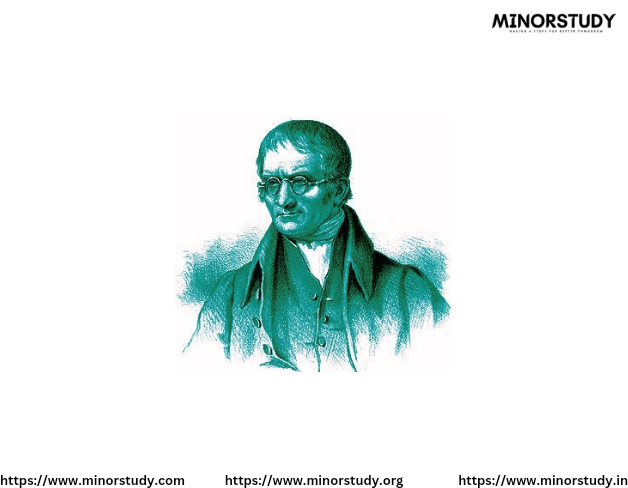Supreme Leader – Ali Khamenei
- Minorstudy Web blogs
- Dec 7, 2024
- 2 min read

Supreme Leader Ali Khamenei
Ali Khamenei is the current Supreme Leader of Iran, a position he has held since June 4, 1989. He is the most powerful political and religious figure in the country, overseeing all branches of government and shaping domestic and foreign policies.
Early Life and Education
Full Name: Sayyid Ali Hosseini Khamenei
Date of Birth: July 17, 1939
Place of Birth: Mashhad, Iran
Religious Background:
A devout Shia cleric, Khamenei studied Islamic theology under prominent scholars, including Ayatollah Ruhollah Khomeini, the leader of the Iranian Revolution.
Political and Revolutionary Role
Key Role in the 1979 Iranian Revolution:
Khamenei was an influential figure in the overthrow of the Pahlavi monarchy, leading to the establishment of the Islamic Republic of Iran.
Became a close ally of Ayatollah Khomeini, the first Supreme Leader.
Post-Revolution Roles:
Minister of Defense (1979–1981).
President of Iran: Served two terms (1981–1989).
Promoted Iran's defense and cultural policies during the Iran-Iraq War (1980–1988).
Supreme Leadership
Appointment:
Succeeded Ayatollah Khomeini as Supreme Leader after Khomeini's death in 1989.
Elevated from Ayatollah to Grand Ayatollah by clerical consensus.
Responsibilities and Authority:
The Supreme Leader is the commander-in-chief of the armed forces and oversees major state institutions, including the judiciary, media, and the Revolutionary Guards.
Has the ultimate say in Iran's domestic and foreign policies, including nuclear negotiations and regional strategy.
Key Policies and Ideology:
Promotes anti-Western sentiment and self-reliance through policies like the "Resistance Economy."
Advocates for the export of the Islamic Revolution to unite the Muslim world under Shia leadership.
Strongly supports Iran's nuclear program, emphasizing it as a symbol of national pride and independence.
Notable Achievements and Controversies
Achievements:
Consolidated the Islamic Republic's power after the turbulence of the 1980s.
Expanded Iran's regional influence through alliances with groups like Hezbollah and policies in Iraq, Syria, and Yemen.
Controversies:
Criticized for authoritarian rule, suppression of dissent, and human rights violations.
His leadership has faced protests, such as the Green Movement (2009) and the Mahsa Amini protests (2022).
Personal Life
Known for his modest lifestyle and emphasis on Islamic values.
A skilled orator, often delivering speeches to inspire unity among Iranians and Muslims worldwide.
Legacy
Ali Khamenei's leadership has shaped Iran into a regional powerhouse but has also faced significant internal and international challenges. His tenure highlights the complexities of leading a theocratic state in the modern geopolitical landscape.











Comments